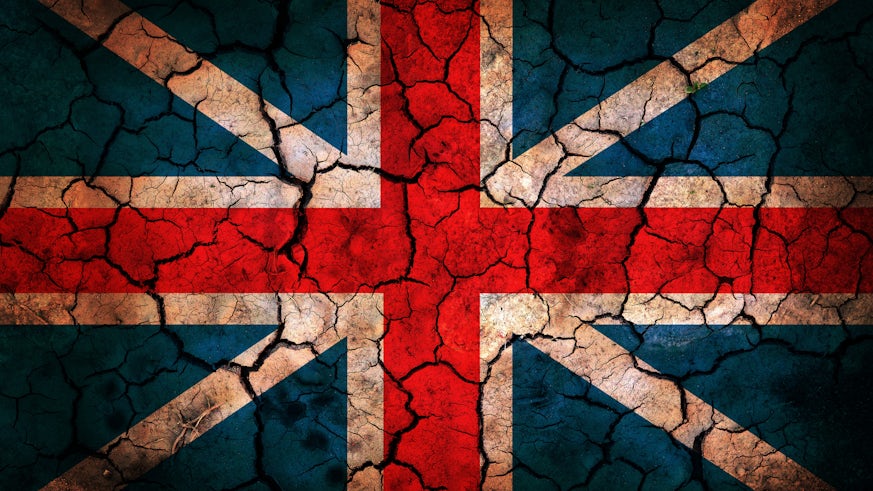May’s ‘Precious Union’ has little support in Brexit Britain
9 October 2018

Theresa May’s ‘precious Union’ has little in the way of meaningful support from her own supporters or self-professed Unionists in other parties, research suggests.
Moreover, according to the study carried out by Cardiff University in conjunction with the University of Edinburgh, attitudes to the Union are marked principally by rivalry and mutual-indifference.
The Future of England Study, the largest and longest-running study of English constitutional attitudes available, found that self-professed Unionists, most notably Leave-voting Conservatives, were largely unconcerned about the risks to the Union posed by Brexit, were reluctant to prioritise the needs of the Union over their own constituent part, and were largely ignorant of other territories’ politics.
The research, some of which was presented at a Conservative Party Conference fringe event, is drawn from the annual Future of England Survey, now in its sixth year. The survey has consistently found a correlation between Euroscepticism in England and ‘devo-anxiety’, a sense that England was being neglected or left behind by benefits awarded to the devolved territories.
This year the team, led by Professor Richard Wyn Jones, of Cardiff University’s Wales Governance Centre and the University of Edinburgh’s Professor Ailsa Henderson, conducted parallel surveys in Scotland, Wales and Northern Ireland and found similar attitudes, especially among Leave voters, to the European and UK unions.
Key Welsh findings include:
- People who voted Leave in the EU referendum in Wales would be prepared to see the fundamentals of the Union questioned in order for Brexit to go ahead;
- 88% of Welsh leave voters and 76% of Welsh Conservative voters believe a ‘Yes’ vote to Scottish independence is a price worth paying to secure Brexit;
- Similarly, 84% of Welsh leave voters and 73% of Welsh Conservative voters indicated that jeopardising peace in Northern Ireland would be a price worth paying for Brexit.
In addition:
- Clear majorities of English Conservatives would support Scottish independence (79%) or the collapse of the NI Peace Process (75%) as the price of Brexit;
- 87% of overwhelmingly Unionist Leave voters in Northern Ireland see the collapse of the peace process as an acceptable price for Brexit and 86% say that of a Yes vote in IndyRef2;
- Nearly half (49%) of English Conservative voters do not think Scottish MPs should sit in the UK Cabinet and, in worse news for David Mundell as the SNP gathers in Glasgow, 24% of Scottish Conservative voters agree with them;
- Voters typically expect higher levels of policy alignment with Europe post-Brexit on issues such as roaming charges and food hygiene standards than within the UK;
- In none of the UK’s nations is a majority of taxpayers happy to see their taxes spent in other parts when those parts are mentioned by name.
Professor Wyn Jones said: “Strident protestations of faith in the future of the Union of Great Britain and Northern Ireland from Theresa May and her leading ministers cannot hide the fact that that the Union is under huge stress as result of Brexit. Ironically, that threat is posed at least as much by those who would regard themselves as Unionists as it is by those in Scotland, Wales and Northern Ireland who actively wish the Union’s demise.
“An overwhelming majority of Conservative voters in England would prefer to see Scotland become independent and a breakdown of the peace process in Northern Ireland rather than compromise on their support for Brexit. But it’s not just Brexit. Half of English Conservative supporters want to stop Scottish MPs from sitting in the British cabinet altogether.
“The bonds that have tied the Union together have frayed to such an extent that, frankly, it’s hard to imagine that the proposed festival of ‘national renewal’ is going to do anything more than emphasise the extent to which we continue to drift apart.”
To see the full reports:




